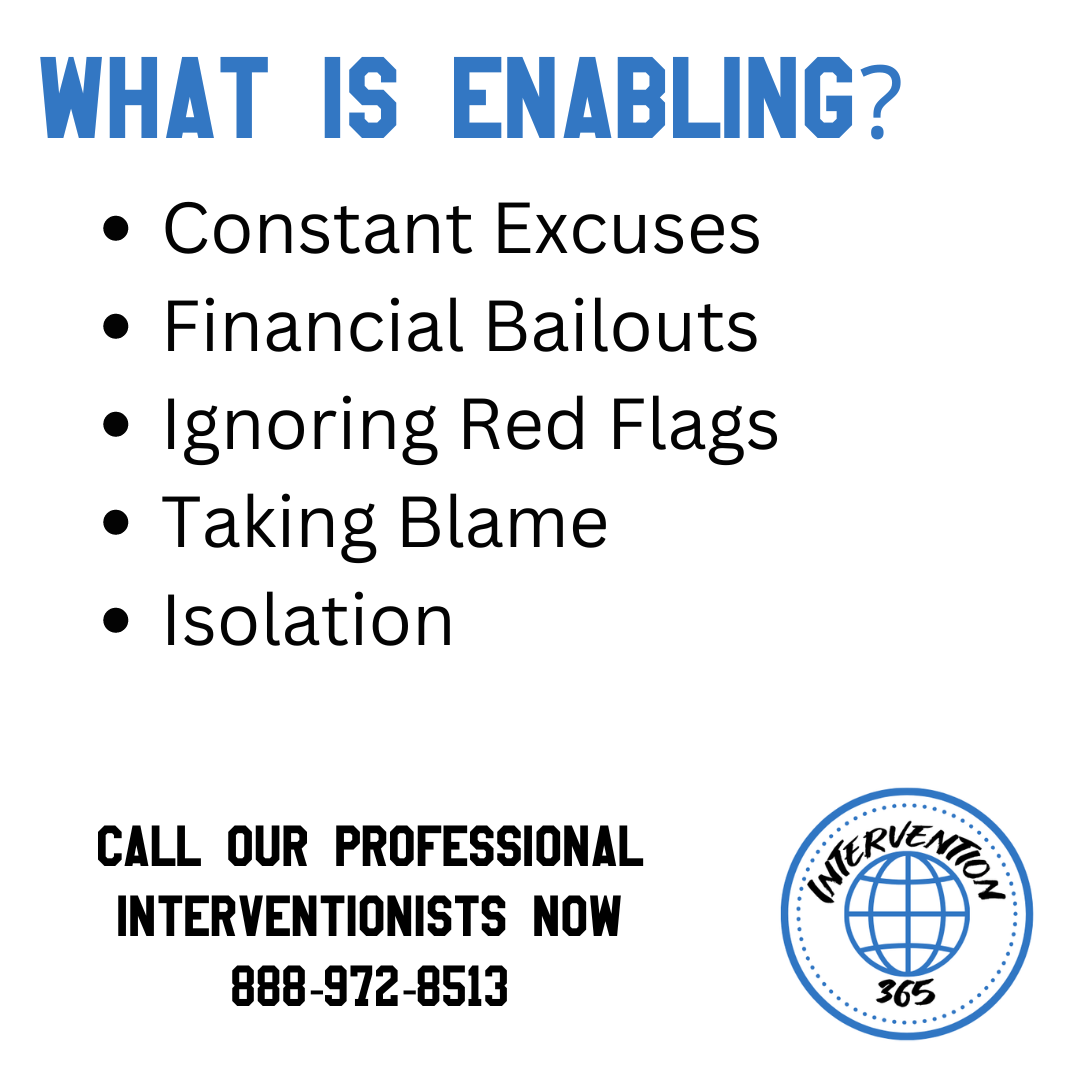Enabling

Understanding Enabling in Addiction
Enabling: What It Is and How It Happens
Enabling is a term often used in the context of addiction and substance abuse. It refers to behaviors by family members or friends that, intentionally or not, support and perpetuate an addict's substance abuse. Enabling can take many forms, but the core aspect is that it allows the addict to continue their destructive behavior without facing the natural consequences of their actions.
How Enabling Occurs
Enabling occurs in various ways and can be driven by a range of emotions including love, fear, guilt, and denial. Here are some common examples of enabling behaviors:
- Financial Support: Providing money that is used to purchase drugs or alcohol.
- Covering Up: Making excuses for the addict's behavior, such as calling in sick to work for them or lying to other family members about their actions.
- Taking Over Responsibilities: Handling the addict's responsibilities, such as paying their bills, taking care of their children, or doing their chores, which allows them to continue using substances without dealing with the consequences.
- Minimizing the Problem: Downplaying the severity of the addiction or rationalizing the addict's behavior.
- Avoiding Confrontation: Avoiding difficult conversations or interventions out of fear of the addict’s reaction.
Signs of Enabling in Families
When families enable an alcoholic or addict, it can look like this:
- Constant Excuses: The family frequently makes excuses for the addict’s behavior to others, often minimizing the extent of the problem.
- Financial Bailouts: Family members regularly give money to the addict, even if it’s clear that the money is being used for drugs or alcohol.
- Ignoring Red Flags: Family members overlook obvious signs of addiction and pretend that everything is normal.
- Taking Blame: Some family members may blame themselves for the addict’s behavior, believing that if they had done something differently, the addiction wouldn’t have happened.
- Isolation: The family might isolate themselves from friends and extended family to hide the addiction problem.
Are You Enabling? Take the Quiz
- Do you frequently make excuses for the addict’s behavior to others?
- Have you given money to the addict despite knowing it might be used for drugs or alcohol?
- Do you handle responsibilities that the addict should be taking care of themselves?
- Have you avoided discussing the addict’s substance use out of fear of their reaction?
- Do you find yourself feeling guilty or blaming yourself for the addict’s problems?
If you answered “yes” to any of these questions, you might be enabling the addict's behavior.
The Power of Professional Intervention
An interventionist can be a game-changer in breaking the cycle of enabling. Professional interventionists bring structure, experience, and an objective perspective that is crucial for a successful intervention. The intervention process is designed to confront the addict in a loving yet firm manner, showing them the impact of their behavior on themselves and their loved ones.
Why Interventions Work
- Professional Guidance: Interventionists are trained to handle the emotional and psychological complexities of addiction.
- Structured Process: The intervention is a carefully planned process that increases the chances of success.
- Family Support: The interventionist educates the family on enabling behaviors and how to support the addict's recovery.
- Immediate Action: Interventions often lead to immediate action, such as entering a detox or rehab facility.
Studies show that with the help of a professional interventionist, there is upwards of a 90% success rate in getting an addict to agree to enter detox or rehab. This high success rate is a testament to the power of professional intervention in addressing addiction and helping families reclaim their lives.
Contact Us
If you suspect that you might be enabling a loved one’s addiction, or if you’re ready to take the first step towards recovery, contact Intervention 365. Our professional interventionists are here to guide you through the process and help your loved one take the crucial steps towards a healthier, sober life.

